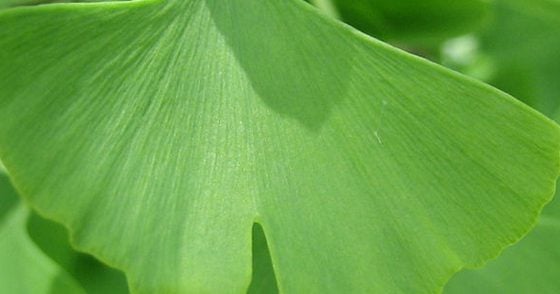Aliskiren, a renin inhibitor that reduces the amount of angiotensin II, is available as a monotherapy (Rasilez®) and in combination with hydrochlorothiazide (Rasilez HCT®). Recent real-world studies and meta-analyses confirm the good efficacy and safety of both preparations. Some state a greater efficiency of the combination.
Aliskiren (Rasilez®, Rasilez HCT®) interferes with the renin-angiotensin-aldosterone system and consequently belongs to the group of renin inhibitors, which indirectly reduce the amount of angiotensin II produced by the body. This prevents angiotensin II from constricting blood vessels (vasoconstriction), causing additional aldosterone release and raising blood pressure. The half-life is approximately 40 hours. Measurable success is achieved only after one to two weeks, since aliskiren does not act directly on the blood vessels to reduce high blood pressure.
Aliskiren in combination with hydrochlorothiazide
The drug Rasilez HCT® is a combination of the two antihypertensive agents aliskiren and hydrochlorothiazide (HCT). HCT, a diuretic, inhibits the sodium-chloride cotransporter in the distal tubule in the kidney. This indirectly leads to a reduction in plasma volume and, consequently, to a reduction in blood pressure.
One of several clinical trials on this drug combination is the randomized double-blind ACQUIRE trial [1] from 2010. It compared the efficacy of aliskiren with that of aliskiren HCT, in patients with a mean systolic blood pressure of ≥160 mHg and <180 mmHg. 688 patients were randomized to either group 1 (1×/d aliskiren HCT 150/ 12.5 mg) or group 2 (aliskiren 150 mg). The dose was doubled for eleven weeks after the first week. At baseline, blood pressure was 167.1/95.0 mmHg. At week 12, it appeared that substantial reductions in blood pressure were achieved in both groups (30.0/ 12.6 mmHg for aliskiren HCT and 20.3/8.2 mmHg for aliskiren). Consequently, the combination with hydrochlorothiazide lowered blood pressure significantly more than the monopreparation (p<0.0001).
The question of whether aliskiren and aliskiren HCT also show good effects and an acceptable safety profile under everyday real-world conditions was addressed by a recent observational study [2] that collected data at 420 centers in Asia and the Middle East. Taking the two drugs for at least 26 weeks was a prerequisite for a patient to participate in the study. 3473 of the observed subjects received aliskiren and 1353 aliskiren HCT. A significant reduction in blood pressure since baseline was observed for both groups (24.1/12.2 mmHg resp. 27.6/ 14.1 mmHg), which confirmed the efficacy of both therapies in a real-world setting. Safety was also good: side effects occurred in only 2.1%, of which 0.3% were severe.
The significant efficacy of aliskiren HCT was also confirmed for a Latin American population of 4588 patients in a real-world setting over six months (mean reduction in systolic blood pressure of 29.2 mmHg and diastolic blood pressure of 13.78 mmHg since baseline). This also with a good safety profile [3].
Another recent review [4], using an indirect meta-analysis of 19 studies comparing either aliskiren/amlodipine or aliskiren/HCT with monotherapy in hypertensive patients, concluded that the combination is more effective in controlling blood pressure than use alone in all cases.
Literature:
- Black HR, et al: Aliskiren alone or in combination with hydrochlorothiazide in patients with the lower ranges of stage 2 hypertension: the ACQUIRE randomized double-blind study. J Clin Hypertens (Greenwich) 2010 Dec; 12(12): 917-926. doi: 10.1111/j.1751-7176.2010.00378.x. Epub 2010 Oct 4.
- Maddury SR, et al: Effectiveness and safety of aliskiren and aliskiren hydrochlorothiazide (HCT) in a multiethnic, real-world setting. Adv Ther 2013 Feb; 30(2): 176-189. doi: 10.1007/s12325-013-0005-8. epub 2013 Jan 25.
- Volman S, et al: Use of aliskiren in Latin America in a real-world setting: aliskiren in Latin America Study (ALAS). Ther Adv Cardiovasc Dis 2013 Aug; 7(4): 189-196. doi: 10.1177/1753944713485984. epub 2013 May 30.
- Liu Y, et al: Aliskiren/amlodipine vs aliskiren/hydrochlorothiazide in hypertension: indirect meta-analysis of trials comparing the two combinations vs monotherapy. Am J Hypertens 2014 Feb; 27(2): 268-278. doi: 10.1093/ajh/hpt210. Epub 2013 Dec 4.
CARDIOVASC 2014; 13(1): 28











